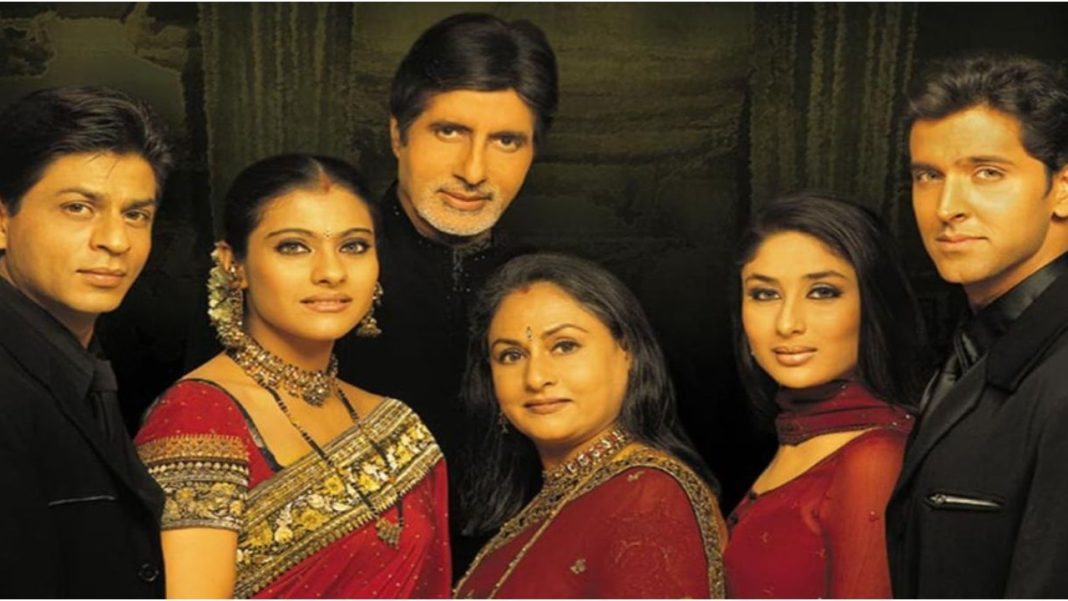It’s been 23 years since Karan Johar presented his masterpiece Kabhi Khushi Kabhie Gham, and our admiration for the film has only grown over time. The film, produced by Dharma Productions, remains one of the most cherished movies ever. We’ve all seen the film and experienced its every moment. Karan Johar’s flair for drama was what made the film stand out. Bole Churiyan still echoes at every wedding celebration, and we’ve all daydreamed about our jewelry getting caught in our crush’s attire. The collaboration of Shah Rukh Khan, Kajol, Hrithik Roshan, Amitabh Bachchan, Jaya Bachchan, and Kareena Kapoor Khan, along with supporting actors Simone Singh, Fareeda Jalal, and Johnny Lever, makes it one of the early movies to feature such a star-studded ensemble cast.
Most significantly, there hasn’t been a moment when we haven’t quoted the unforgettable dialogues from Kabhi Khushi Kabhie Gham in our lives. The film encompasses a variety of elements, including Kajol’s lively and quirky dialogues, Hrithik’s heartfelt lines, and also Kareena Kapoor Khan’s iconic Poo dialogues. Here is a list of some of the memorable Khubhi Khushi Kabhie Gham dialogues.
7 best Khubhi Khushi Kabhie Gham dialogues that are absolutely loved:
1. Keh diya na … bas keh diya!
- Writer: Karan Johar, Sheena Parikh
- Presented By: Amitabh Bachchan
In Kabhi Khushi Kabhie Gham, Amitabh Bachchan’s character, Yash Raichand, delivers the iconic line “Keh diya na… bas keh diya!” during a tense confrontation with his son Rahul, portrayed by Shah Rukh Khan. Yash uses this dialogue to assert his authority and express his disappointment after Rahul declares his intention to marry a woman from a lower socio-economic background. The line encapsulates Yash’s sternness and finality, emphasizing the gravity of Rahul’s decision and the irreversibility of spoken words within their familial context.
2. Paisa toh har koi kama leta hai … lekin izzat kamana sabke bas ki baat nahi
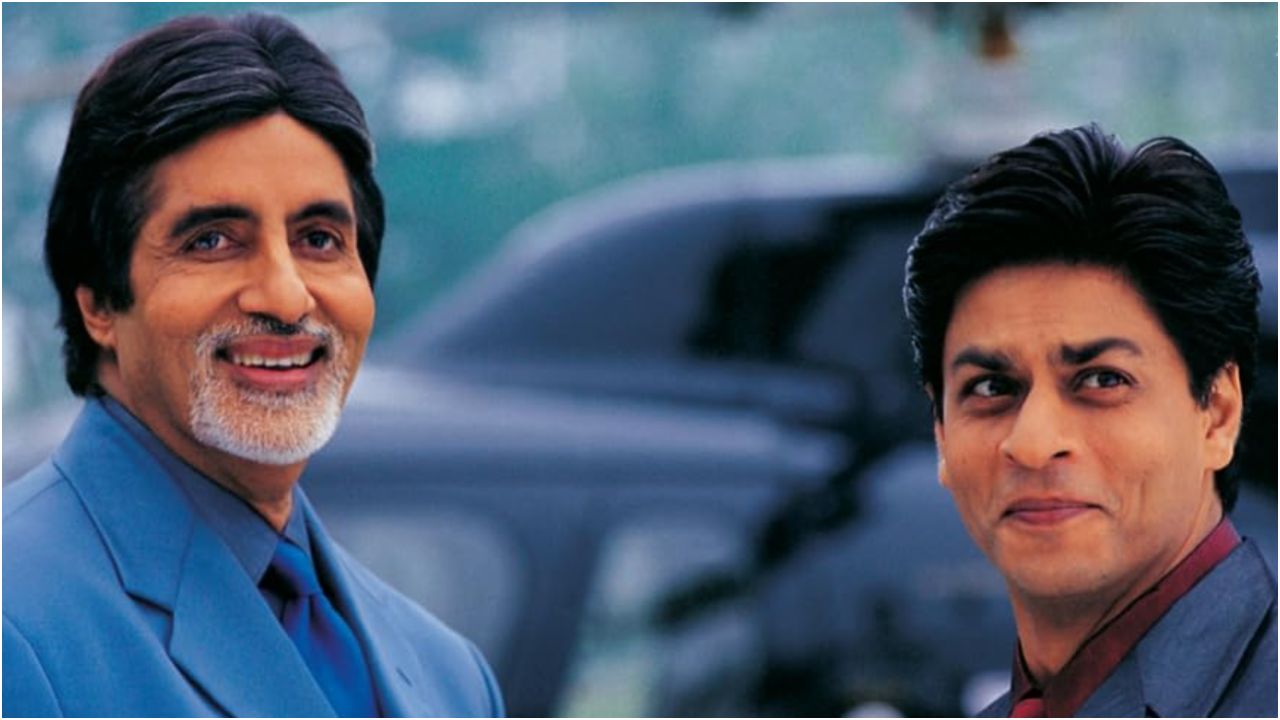
- Writer: Karan Johar, Sheena Parikh
- Presented By: Amitabh Bachchan
In the film, this dialogue is spoken by the character played by Amitabh Bachchan, Yash Raichand. He emphasizes the distinction between earning money and earning respect, suggesting that while anyone can earn money, gaining respect is not within everyone’s capabilities. The dialogue underscores Yash’s values and principles, highlighting his belief in the importance of integrity and dignity over mere financial success. It reflects his conservative mindset and the high standards he sets for his family, especially his sons, in terms of maintaining their reputation and honor in society.
3. Lucknow da kurta, Pathani salwar … tab lage mard, varna lage bekaar
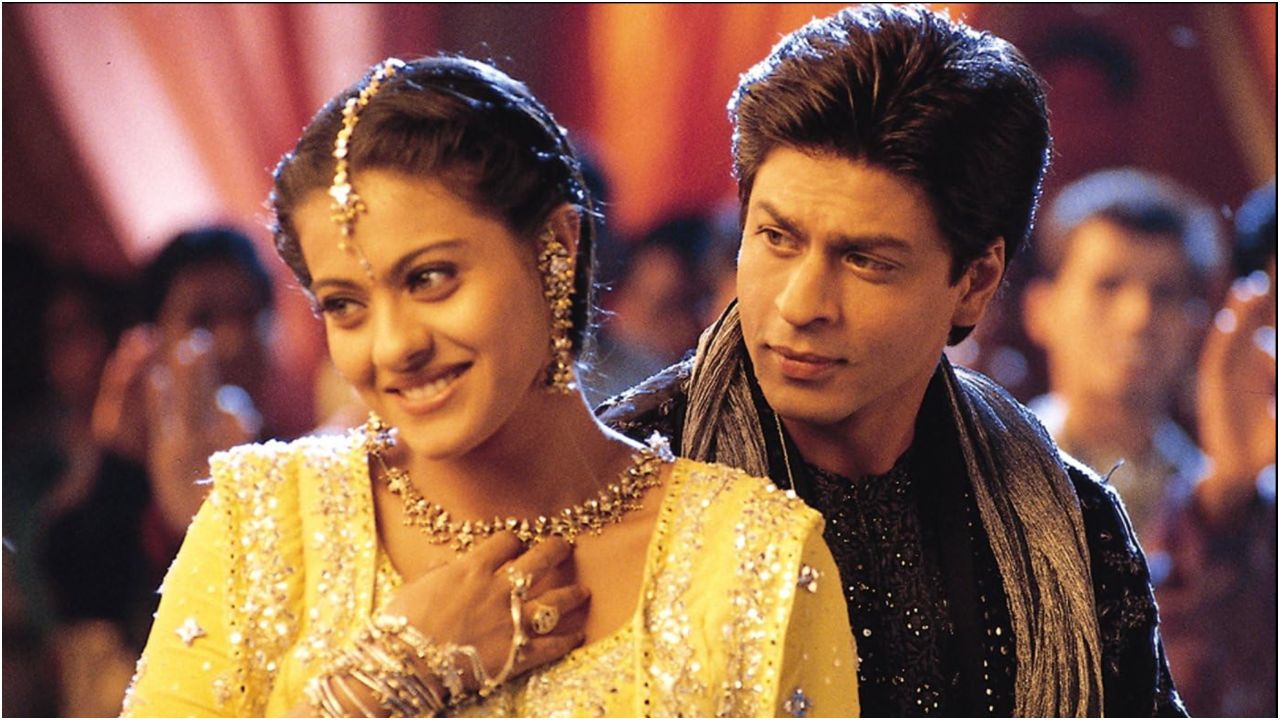
- Writer: Karan Johar, Sheena Parikh
- Presented By: Kajol
In Kabhi Khushi Kabhie Gham, Kajol’s character, Anjali, delivers this very popular dialogue to express her appreciation for traditional attire. She emphasizes that a man looks distinguished and respectable when wearing a Lucknowi kurta and Pathani salwar while exploring a fair with Shah Rukh Khan’s character Rahul. Anjali’s statement reflects her attachment to cultural values and her admiration for traditional clothing, highlighting her pride in her heritage. This dialogue serves to underscore Anjali’s sense of identity and her commitment to preserving cultural traditions amidst the modernity of urban life.
4. Tumhe koi haq nai ki tum itni khoobsurat lago
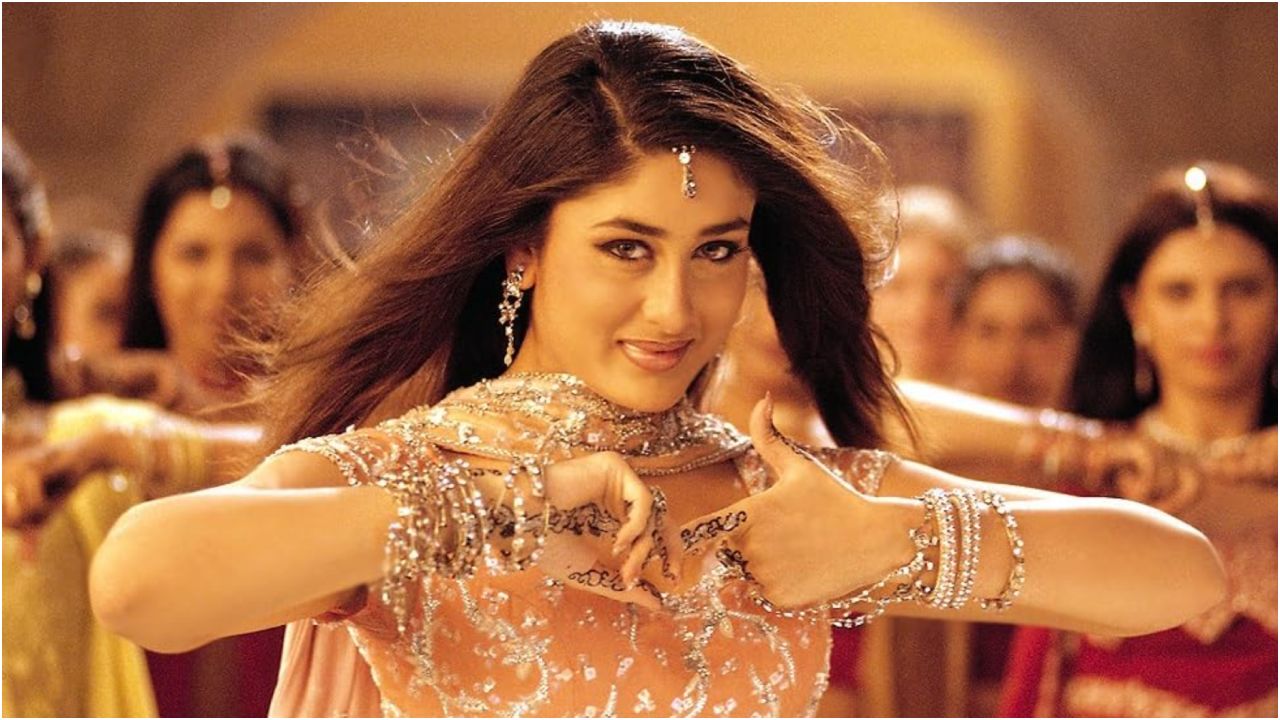
- Writer: Karan Johar, Sheena Parikh
- Presented By: Kareena Kapoor Khan
This is one of the most iconic dialogues from the film. In Kabhi Khushi Kabhie Gham, Kareena Kapoor Khan’s character, Pooja (Poo), says this line to herself while looking at her reflection in the mirror. She expresses her disbelief at her own beauty, suggesting that she feels she has no right to look so stunning. This moment captures Poo’s playful yet confident nature, revealing her self-love side and sense of humor as she acknowledges her own attractiveness in a light-hearted manner.
5. Maafi maange se koi chota bada nahi hota … aur joh maaf kar deta hai uska dil bahut bada hota hai
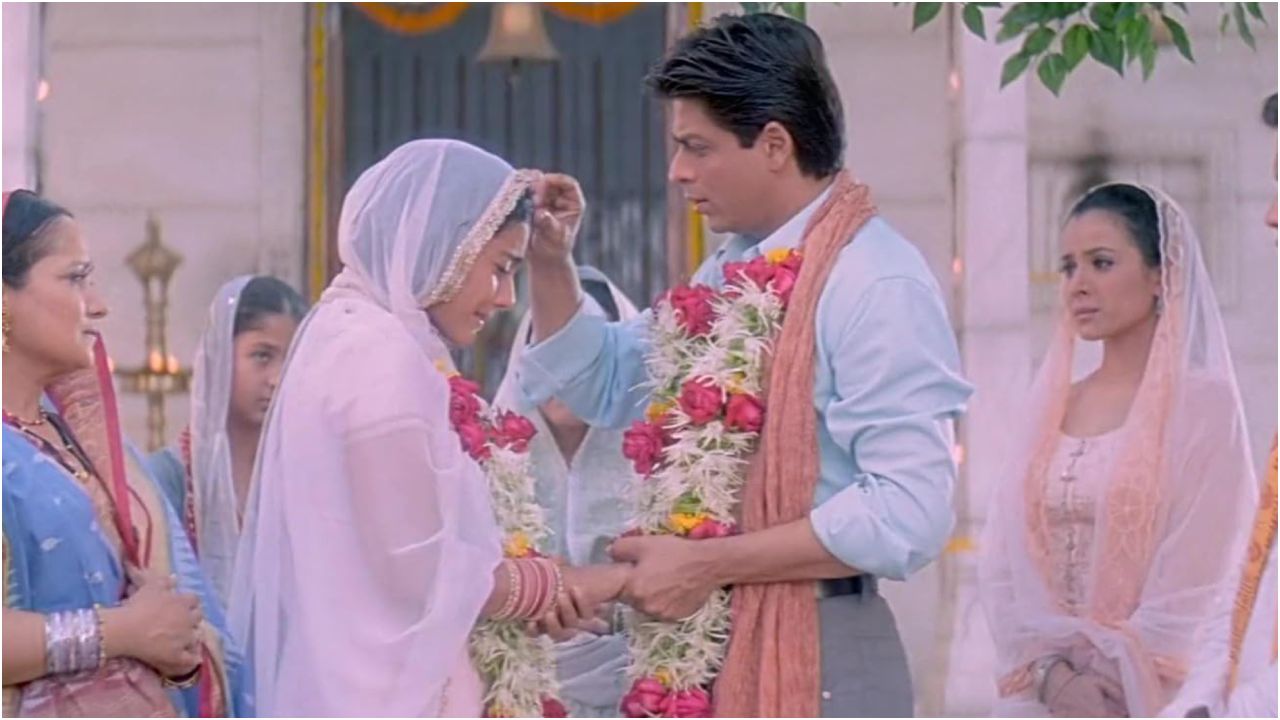
- Writer: Karan Johar, Sheena Parikh
- Presented By: Kajol
In Kabhi Khushi Kabhie Gham, Kajol’s character, Anjali, shares this dialogue to convey a profound message about forgiveness and compassion. She mentioned that this is a line often told by her father in the film and emphasizes that asking for forgiveness doesn’t diminish one’s dignity or stature; it’s a universal act that transcends age and status. Anjali further suggests that those who extend forgiveness demonstrate great kindness and generosity, reflecting the size of their hearts. This dialogue is used to highlight Anjali’s wisdom and her belief in the transformative power of forgiveness within relationships.
6. Kabhi kabhi aisa kyun hota hai … ki paraye bhi apne lagne lagte hain
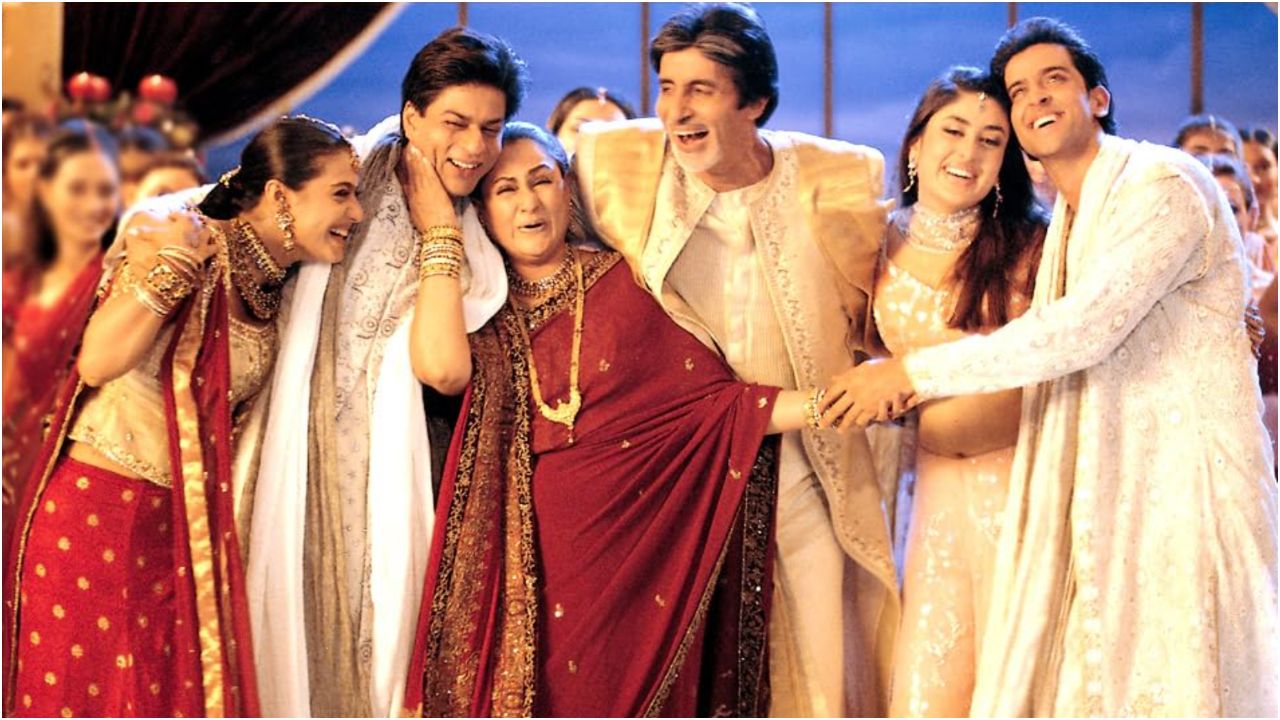
- Writer: Karan Johar, Sheena Parikh
- Presented By: Kajol
In the film, Kajol’s character, Anjali, reflects on the complexities of human relationships with the dialogue “Kabhi kabhi aisa kyun hota hai … ki paraye bhi apne lagne lagte hain.” She questions why sometimes even strangers begin to feel like family. This line is used during a poignant moment in the film where she meets her brother-in-law Rohan after a long time and Anjali contemplates the bonds that connect people, highlighting the mysterious and unpredictable nature of emotional connections that transcend blood ties.
7. Zindagi mein agar kuch banna ho, kuch haasil karna ho, kuch jeetna ho … toh hamesha dil ki suno … aur agar dil bhi koi jawab na de toh aankhen band karke apni maa aur papa ka naam lo … phir dekhna har manzil paar kar jaoge, har mushkil aasaan ho jayegi … jeet tumhari hogi, sirf tumhari
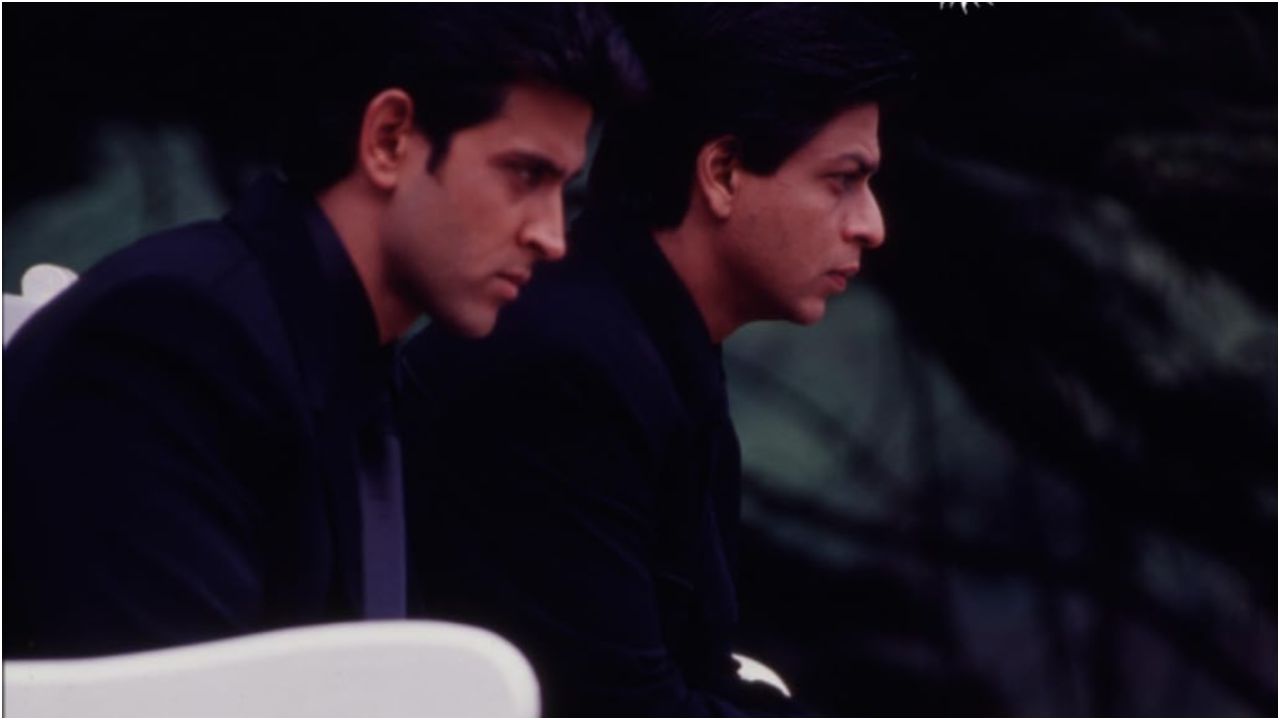
- Writer: Karan Johar, Sheena Parikh
- Presented By:
In the film, Shah Rukh Khan’s character, Rahul, shares this empowering dialogue, advising his younger brother Rohan played by Hrithik Roshan to always listen to the heart when striving for goals and aspirations. He encourages him seeking guidance from his parents if the heart fails to respond, implying the significance of familial support. This dialogue is used during an emotional moment in the film where Rahul inspires his brother to overcome challenges by trusting his instincts and drawing strength from their family’s love and encouragement.
ALSO READ: 8 best 60s Bollywood movies you can binge-watch with family


